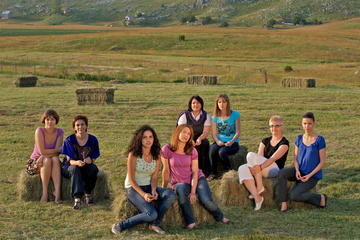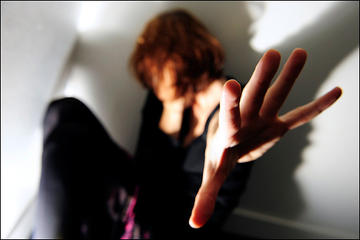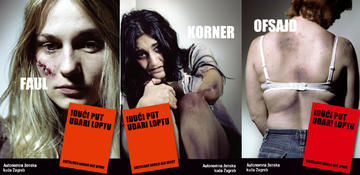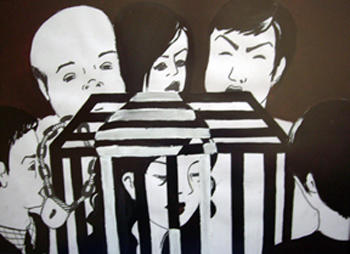[2011] Often hidden behind the house walls, domestic violence, whose victims are mainly women, remains unspoken about in many cases. In this dossier, realised in partnership with Oneworld Platform for SEE, Osservatorio Balcani e Caucaso presents data, extracts of interviews with experts, information on legal reforms and their implementation, etc.
Articles
SeeNet II Programme
The Italo-Balkan decentralised cooperation Programme SeeNet II includes attivities specifically aimed at establishing and strengthening a network of integrated local services working to combat violence against women. In particular, the Programme action led by the region Emilia-Romagna, in partnership with the Italian regions Marche and Tuscany, supports such activities in the area of Novi Sad in collaboration with the Municipality and its Community Centre.
In this Programme Osservatorio Balcani e Caucaso is carrying out analyses of the issue of violence against women and the mechanisms operating to fight it in the 7 Western Balkan countries involved in SeeNet II.

Between Albania and Macedonia: Patriarchal loves
On the bus from Tirana to Skopje there are many young women with children. They have just visited their relatives, in Northern Albania, and are now going back to their houses in Macedonia. In this report, a story of migration and arranged marriages

Facing violence at home
Domestic violence is a taboo topic in Azerbaijan. Every attempt to discuss issues that touch the private, family realm is perceived as a threat to the country's national identity

Sexist advertisement in Chişinău
Sexist advertisements are invading Chişinău, the capital of Moldova. The image of the woman depicted is clear: sexy and beautiful, a good servant for men, a hardworking housewife. Two companies using such advertisement have already been sued. But people still bump into billboards with sexy women all over. A feature story











 To Top
To Top